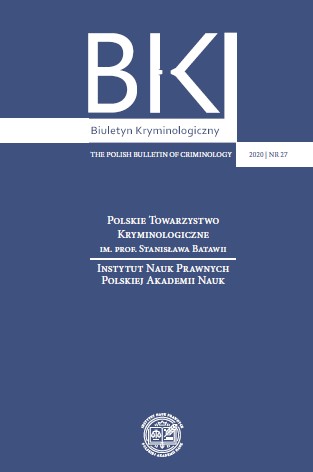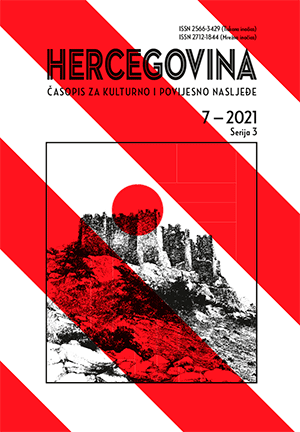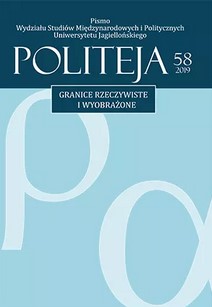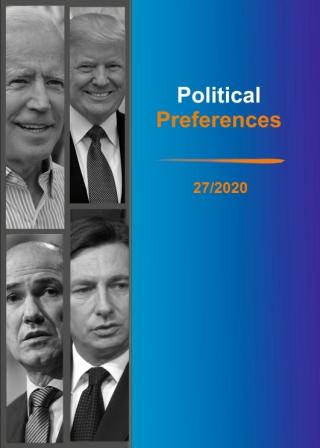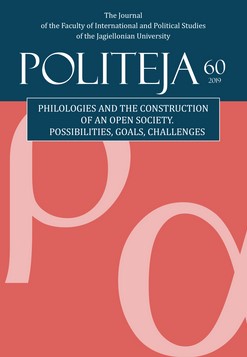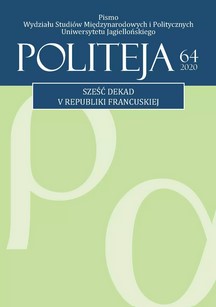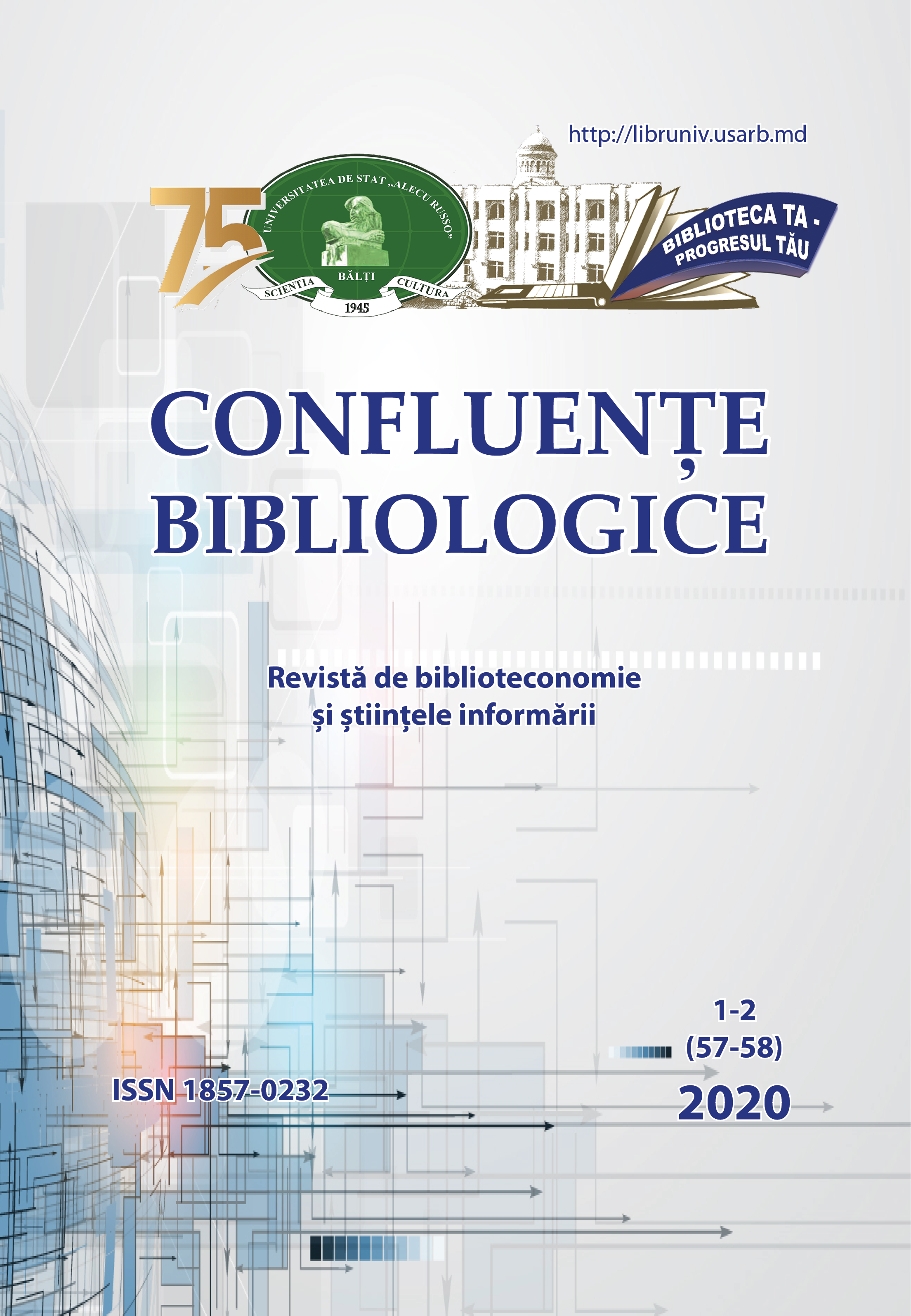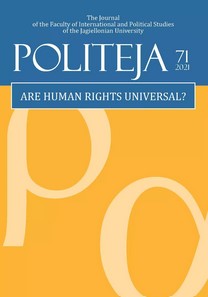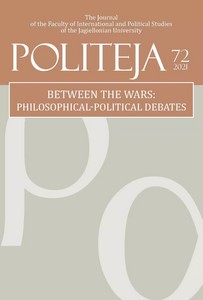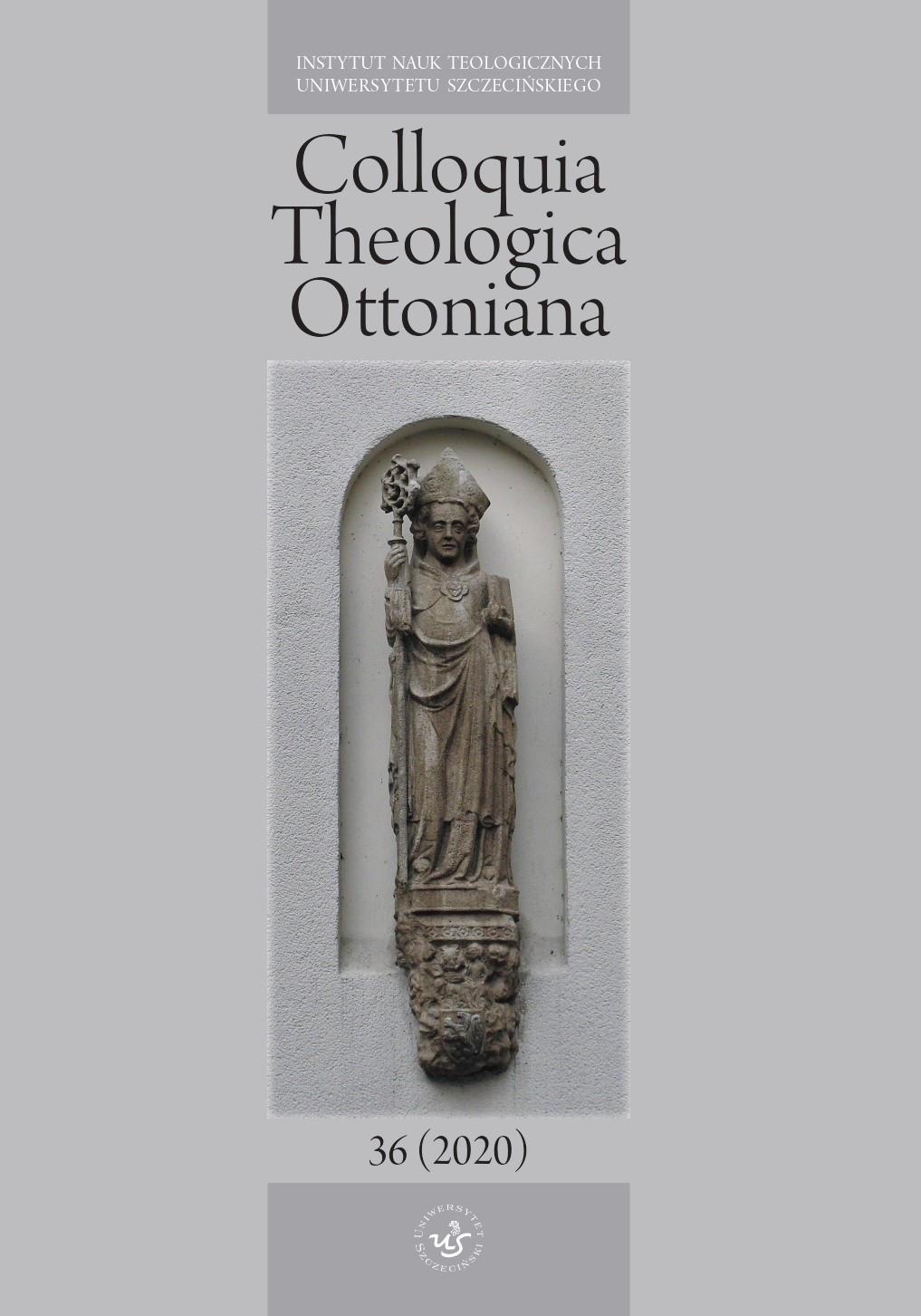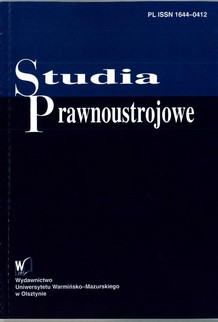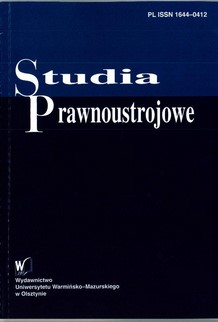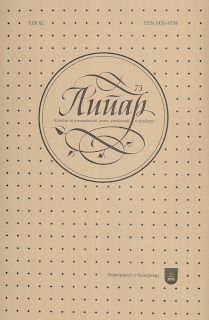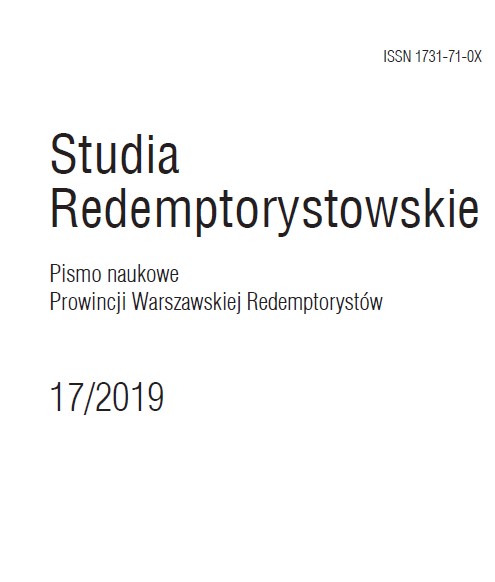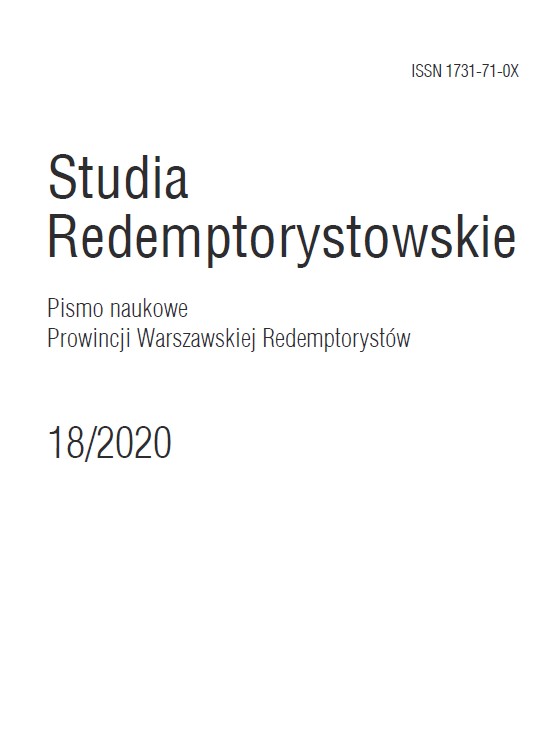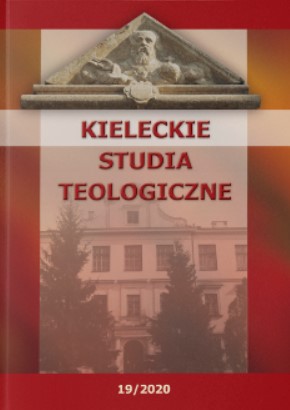
Biogramy wraz z bibliografią podmiotową i przedmiotową duchownych diecezji kieleckiej w Słowniku Polskich Teologów Katolickich. Sprawozdanie z wykonanych prac
The present report covers the work consisting in compiling biographies of the clergy of the Kielce diocese for the Dictionary of Polish Catholic Theologians. The research began in the 1970s and was published in the form of individual volumes of the dictionary. The first volume was published in 1981. In 2019, the 10th and latest volume was published. Biographies of the clergy from the period of 19th – 21st century were usually prepared by priests belonging to the Kielce scientific community and associated with the Kielce Seminary. In the Middle Ages and in modern times, the area belonging now to the Kielce diocese was part of the Krakow diocese and the Gniezno archdiocese. Biographies of the clergy working in the diocese at that time were usually drawn up by priests not connected with the theological environment active in Kielce. Thanks to the Dictionary, the majority of church writers from the Kielce area who have left behind any publications of scientific value have well documented biographies consisting of a scientific biography supported by primary and secondary sources.
More...
